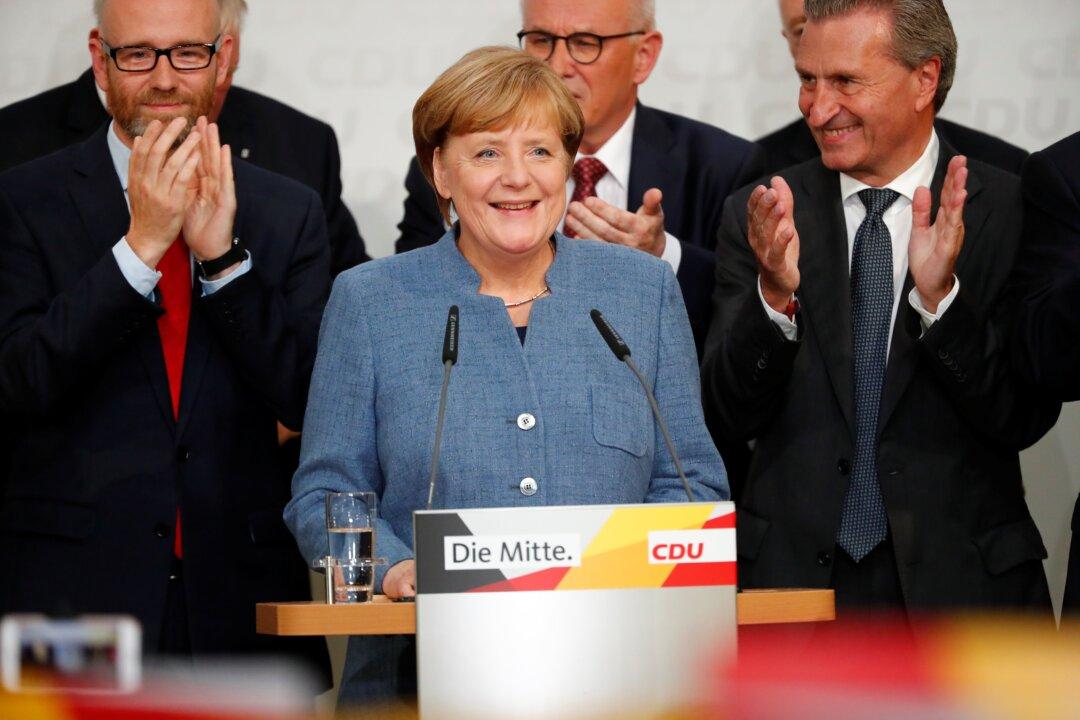A woman of indomitable spirit and Europe’s most consistently stable leader, Angela Merkel was recently named ‘the world’s most powerful woman’ for the eleventh time in twelve years by Forbes Magazine.
Germany’s economy is one of the strongest in the world. Its successes include record low unemployment (5.6 percent), a favorable trade balance in the US$ 250 billion range and a federal budget surplus today of a record 18.3 billion euros ($21.6 billion) for the first half of 2017. The world needs Merkel’s economic skills and self-discipline as German chancellor in the immediate years ahead. Her steady hand on the tiller and Germany’s strong economy have both been stabilizing agents since 2005.





